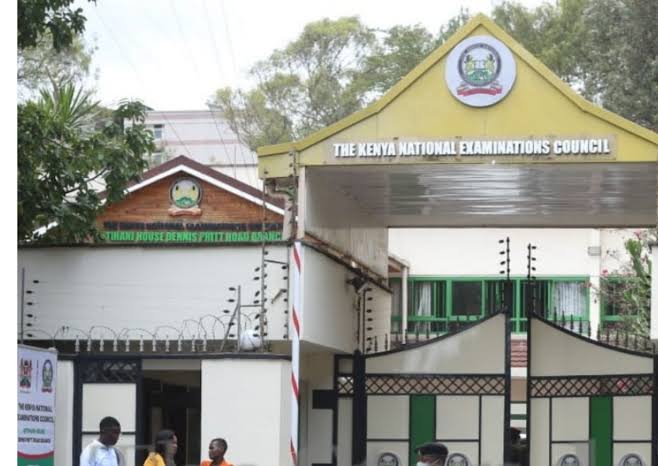Government to Continue Funding National Exam Fees – CS Mbadi
Treasury Cabinet Secretary John Mbadi has reassured the public regarding the payment of national examination fees, confirming that the government will finance the Kenya Certificate of Secondary Education (KCSE) exams.
Mbadi’s comments come in response to rising public discontent over the government’s intention to eliminate the national examination fee waiver, which has been in effect for ten years.
During a town hall meeting on June 9, 2025, he assured Kenyans that the government would cover the costs of national exams for all students this year.
He explained that although the initial budget did not allocate funds for exams like the KCSE, the Treasury has since secured the necessary financing.
“Initially, we did not allocate examination fees for this year, but we have made the funds available,” Mbadi stated.
“I assure all Kenyan students that they will be able to take their exams. The government will cover the costs; we are simply restructuring the system.”
Previously, Mbadi had pointed to the unsustainability of the long-standing exam subsidy amid increasing budget deficits as the reason for the proposed elimination of the waiver.
This plan would have led the Ministry of Education to implement a differentiated fee structure, where only students from low-income families would continue to receive exam fee waivers.
At the town hall meeting, the Treasury CS expressed that the Cabinet had raised concerns about the high costs associated with administering national exams, particularly questioning why exam materials were being printed overseas.
“What happened was that, as a Cabinet, we disagreed with the amount being spent on exams; we couldn’t understand why exams were printed abroad when more sensitive documents like passports are produced locally,” Mbadi remarked.
He added that the Ministry of Education has been instructed to create a more cost-effective approach for conducting national assessments.
“The Ministry needed to develop a more realistic framework for administering and funding exams — not the Sh11 billion that was previously spent,” he explained.
The initial proposal to eliminate the exam fee waiver had sparked widespread outrage, with concerns that it would impose a significant burden on low-income families and exacerbate educational inequality.
The exam fee waiver was introduced in 2015 as part of the government’s initiative to promote free and compulsory basic education.
